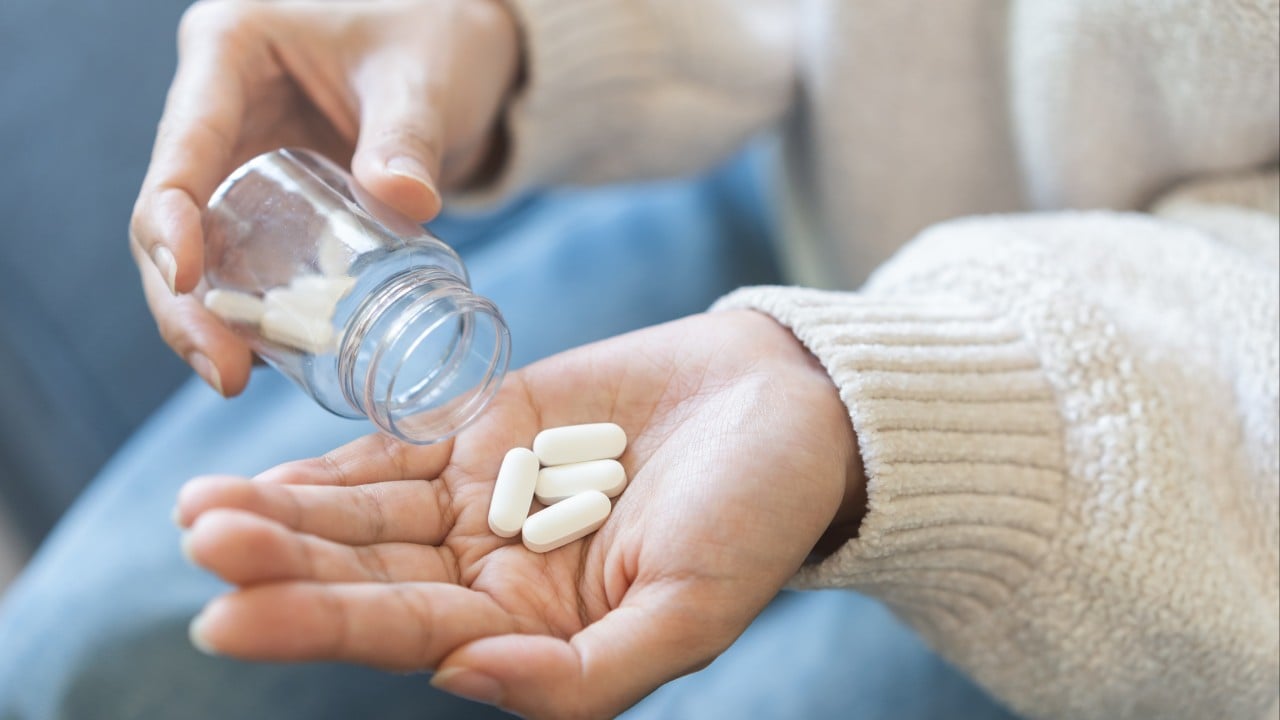After years of buying Adalat to control her high blood pressure, Beijing woman Sophie Chen started noticing from 2023 that the medication – produced by German pharmaceutical company Bayer – was gradually disappearing from Chinese public hospitals.
Advertisement
These days, doctors prescribe her a domestically produced generic version, which costs only 4.27 yuan (59 US cents) per box, as opposed to the 20 yuan (US$2.75) price of the original brand-name drug.
However, Chen said that she has noticed more side effects since taking the generic medication, including that it increases her heart rate. With Adalat, coupled with another drug that helps to decrease her heart rate, she could achieve 70 beats per minute. Now it is at 80 or 90, she added.
Chen said she was considering other options, including the possibility of paying for branded medicines out of her own pocket in local pharmacies. “I don’t mind using generic drugs, but what if they don’t work well in controlling my blood pressure? That would be fatal for me.”
Her experience sums up the controversy surrounding China’s pharmaceutical procurement reforms.
Advertisement
There have been several rounds since 2018, most recently in December, that have resulted in incredibly low prices for medicines, including aspirin at less than one US cent per tablet.

